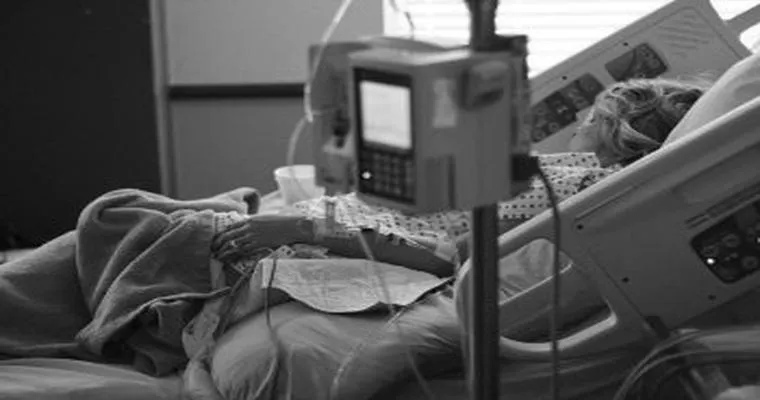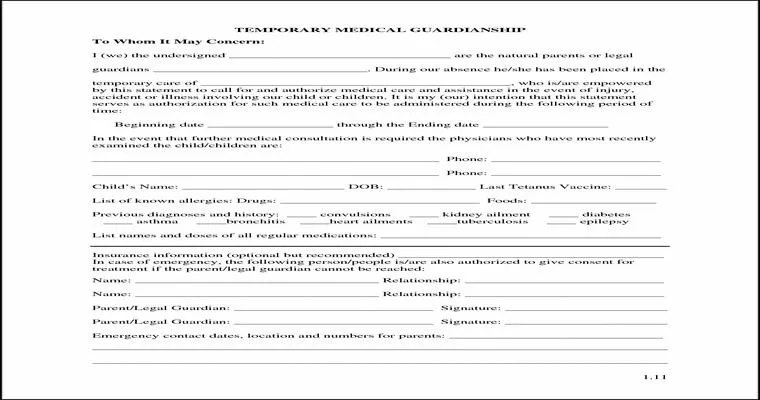When a loved one passes away, the emotional burden can be overwhelming. In addition to grief, surviving spouses often face the daunting question of whether they are "responsible for the deceased’s medical debt". Understanding the legal implications surrounding medical debts after death is crucial for managing both finances and emotional well-being.
In many cases, the deceased's medical debt does not automatically transfer to the surviving spouse. However, the specifics can vary depending on several factors, including the state of residence and the couple's financial arrangements. Here are some key points to consider regarding "medical debt responsibility" for surviving spouses.
Legal Context of Medical Debt
Generally, when someone dies, their debts do not automatically become the responsibility of their spouse. The deceased person's estate is typically responsible for settling outstanding debts, including medical bills. This means that the estate’s assets will be used to pay off these debts before any inheritance is distributed to heirs. If the estate lacks sufficient assets, the debts may remain unpaid, and creditors may not have recourse to collect from the surviving spouse.
State Laws Matter
The laws governing "debt responsibility" can vary significantly from state to state. In community property states, spouses may be held liable for debts incurred during the marriage, even if the debt was solely in the deceased's name. Conversely, in non-community property states, the surviving spouse is usually not responsible for the deceased spouse's debts unless they co-signed or were jointly responsible for the debt.
Medical Debt and Joint Accounts
If the deceased spouse had joint accounts or credit cards with the surviving spouse, the latter might be held responsible for any outstanding balances. Therefore, it’s important to review financial accounts and clarify any joint obligations. It's advisable for surviving spouses to consult with a financial advisor or attorney to fully understand their responsibilities regarding "medical debt".
Dealing with Creditors
Surviving spouses often find themselves in communication with creditors after a loved one’s death. It’s essential to handle these conversations carefully. Inform creditors of the death and provide them with necessary documentation, such as a death certificate. Be cautious about making any agreements or payments, as this could imply acceptance of responsibility for the debt.
Options for Handling Medical Debt
If a surviving spouse is faced with their deceased partner’s medical debt, there are several options available:
1. "Pay from the Estate": If the deceased left behind sufficient assets, the estate should handle the debt.
2. "Negotiate with Creditors": Some creditors may be willing to negotiate a lower payment or settle the debt for less than the total amount owed.
3. "Seek Legal Advice": In complex situations, consulting with an attorney can provide clarity on legal responsibilities and potential options for handling the debt.
Conclusion
Navigating the aftermath of a loved one's death is challenging, and the question of whether a surviving spouse is responsible for the deceased’s medical debt can add to the stress. Understanding the laws, reviewing financial agreements, and communicating with creditors are crucial steps in managing this situation. Ultimately, surviving spouses should seek professional guidance to ensure they are making informed decisions regarding their responsibilities and financial future.





